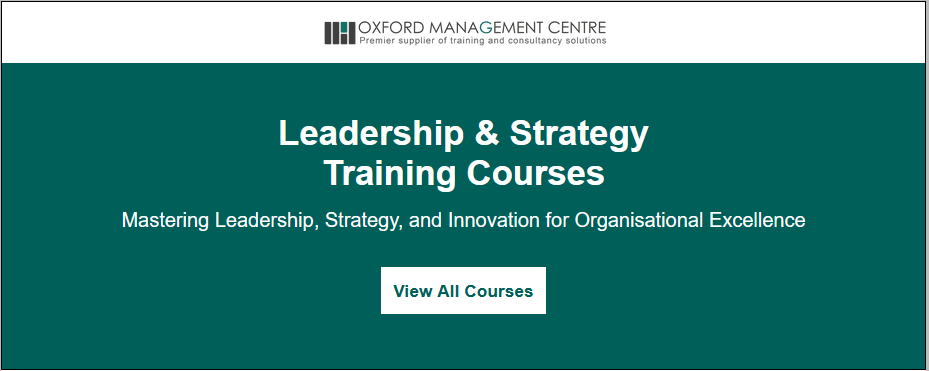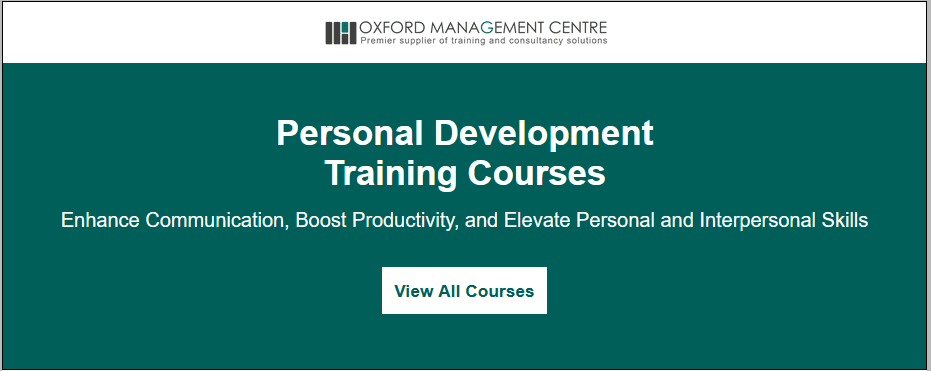
How to Develop Critical Thinking Skills for Strategic Success
Sharpening the Mind: Cultivating Critical Thinking in Today’s Corporate World
In today’s complex and fast-paced business environment, the ability to think critically is more than just a personal asset—it is a core professional necessity. Critical thinking is the disciplined process of evaluating information, identifying biases, considering alternatives, and arriving at reasoned conclusions. As organizations increasingly seek leaders and professionals who can navigate uncertainty, make sound decisions, and foster innovation, developing critical thinking skills has become a priority for individuals aspiring to excel in strategic and leadership roles.
Modern businesses operate in volatile, uncertain, complex, and ambiguous (VUCA) environments. In such contexts, technical expertise alone is insufficient. What distinguishes successful professionals is their capacity to assess situations from multiple perspectives, challenge assumptions, and implement solutions that are both creative and evidence-based. The significance of critical thinking is especially profound in the domains of leadership and personal development. Whether you are leading a department, managing a project, or driving organizational change, your ability to evaluate situations objectively and make informed decisions can determine the success or failure of strategic initiatives.
To support professionals in this endeavor, Leadership and Strategy training courses offer targeted skill development that integrates decision-making frameworks, analytical reasoning, and problem-solving techniques that elevate thinking from reactive to strategic.
Understanding the Core Elements of Critical Thinking
Critical thinking encompasses a wide array of cognitive skills, each playing a vital role in shaping effective business judgment. These elements include:
- Observation: The ability to recognize and interpret relevant data or trends.
- Analysis: Dissecting complex problems into manageable components for better understanding.
- Inference: Drawing logical conclusions from available evidence.
- Evaluation: Assessing arguments and identifying the strength of reasoning.
- Explanation: Clearly communicating findings and reasoning in a compelling way.
- Self-Regulation: Reflecting on one’s own thinking process to identify biases and improve clarity.
The ability to think critically is not innate; it is a skill that can be nurtured through disciplined practice and continuous learning. Courses such as the Masterclass in Advanced Critical Thinking Skills are designed to help professionals move beyond surface-level reasoning. By engaging with real-world scenarios, case studies, and strategic analysis exercises, participants learn to deconstruct complex challenges and devise sustainable solutions that align with their organizational goals.
Why Critical Thinking Matters in Leadership and Strategy
Leadership is not merely about directing others; it is about making decisions that guide organizations toward long-term success. Leaders with strong critical thinking skills are better equipped to forecast outcomes, assess risks, and align team efforts with overarching objectives. In strategic planning, this becomes even more vital. Strategic leaders must evaluate market conditions, competition, and internal capabilities before deciding on a course of action.
Training that enhances strategic thinking, such as those found in Oxford Management’s Leadership and Strategy training courses, encourages professionals to examine broader implications, make connections across business units, and question the status quo. This holistic approach to leadership not only strengthens strategic planning but also fosters a culture of inquiry and continuous improvement.
Moreover, in the face of global disruptions—from economic volatility to technological innovation—organizations need leaders who can think several steps ahead. Critical thinking provides the foundation for agile and informed leadership, enabling executives to anticipate change and adapt strategies proactively.
Developing Critical Thinking through Personal Development
While critical thinking is essential for leadership, it is also a cornerstone of personal development. It empowers individuals to navigate everyday challenges, resolve conflicts constructively, and engage in more meaningful professional interactions. The ability to approach situations rationally and make well-considered decisions contributes to enhanced confidence and improved professional relationships.
Personal Development training courses are structured to promote introspection, self-awareness, and cognitive agility—all of which reinforce critical thinking. These courses encourage participants to challenge their own assumptions, seek diverse perspectives, and reflect critically on their decisions and behaviors. As a result, they become not only more effective professionals but also more thoughtful collaborators and problem-solvers.
For instance, professionals who undergo advanced critical thinking training often report improved communication clarity, greater empathy in decision-making, and an enhanced ability to manage time and resources efficiently. The integration of critical thinking into personal development therefore serves as a multiplier—boosting performance across various dimensions of professional life.
Practical Strategies to Strengthen Your Critical Thinking Skills
Developing critical thinking is an ongoing process that requires intention, practice, and the right tools. Here are several proven strategies to enhance your critical thinking abilities:
- Ask More Questions: Cultivate curiosity by questioning assumptions, data sources, and conclusions. A critical thinker does not accept information at face value.
- Engage in Reflective Thinking: Allocate time to reflect on past decisions and analyze their outcomes. Identify areas for improvement and alternative approaches.
- Explore Multiple Perspectives: Consider how others might interpret a situation differently. This broadens your view and exposes potential blind spots.
- Use Structured Frameworks: Apply models like SWOT, root cause analysis, or the Six Thinking Hats to analyze problems systematically.
- Practice Decision-Making Under Pressure: Simulate high-stakes situations where decisions must be made quickly and under uncertainty. This builds confidence and clarity under stress.
- Learn Continuously: Enroll in development-focused courses that provide hands-on exposure to real business challenges and peer learning.
For those seeking a transformative learning experience, the Leading with Critical Thinking, Creativity and Innovation training course is a powerful opportunity. This course integrates theory with practice, equipping professionals with the critical reasoning and analytical tools essential for making sound, impactful decisions.
The Link Between Critical Thinking and Innovation
Critical thinking also serves as a launchpad for innovation. In today’s knowledge-driven economy, creativity and innovation are essential for differentiation and sustained growth. But innovation does not thrive on spontaneity alone—it requires structure, analysis, and a deep understanding of business dynamics. That’s where critical thinking comes in.
By systematically evaluating challenges and reimagining solutions, critical thinkers can identify new opportunities that others might overlook. This mindset fuels innovation pipelines and supports continuous improvement initiatives across departments.
Within the structure of Oxford Management’s Leadership and Strategy training courses, participants are encouraged to harness their critical thinking skills to lead innovation programs and strategic transformations. Through simulations and real-world projects, they explore the practical application of innovation tools rooted in critical thinking frameworks.
Conclusion: Unlocking Your Professional Potential Through Critical Thinking
In a world where information is abundant and change is constant, critical thinking stands as a differentiator for professional success. It empowers individuals to make better decisions, lead more effectively, and contribute meaningfully to their organizations. Whether you are focused on elevating your strategic influence or refining your personal effectiveness, the journey begins with developing a critical mindset.
For professionals seeking to advance these capabilities, enrolling in Personal Development training courses or engaging with advanced offerings such as the Masterclass in Advanced Critical Thinking Skills provides a powerful foundation.
Critical thinking is not a destination but a discipline—a way of approaching problems, decisions, and opportunities with clarity, logic, and confidence. Start your journey today by exploring the comprehensive training courses in leadership and strategy available through Oxford Management Centre, and cultivate the skills that will shape the future of your career.








